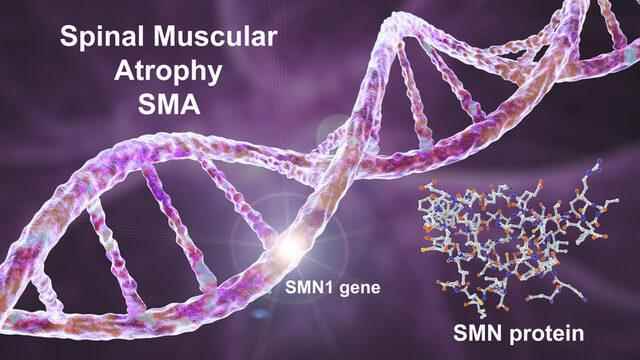SMA is a genetically inherited disease. Early detection of this disease is extremely important. It is possible to prevent the disease thanks to the SMA tests that couples will have before marriage. In SMA disease, which is seen in 3 stages, problems such as difficulty in breathing and swallowing and inability to sit without support begin. So how is premarital SMA screening done? Here are the details…
HOW IS SMA SCREEN DONE?
Since SMA (Spinal Muscular Atrophy) is a genetically inherited disease, it is aimed to identify carrier couples before marriage with the screening program. In this way, it is stated to the families that the baby may be born sick and it is aimed to ensure that precautions are taken before the birth. Couples who request to prevent the baby from being born with SMA will be directed to in vitro fertilization. The transaction fee will be covered by the state.
EXPLANATION FROM MINISTER KOCA!
After the SMA Scientific Committee meeting, Minister Koca; “SMA is a disease that can be prevented. We are starting the application of SMA screening for all couples and all newborn babies before marriage. SMA screening will be made mandatory before marriage.” said.
Making a statement about SMA, Minister Koca continued his statements as follows:
“There is no unmet treatment need for SMA in our country. It is extremely important to continue standard controls for access to treatment.
With the newborn treatment to be made, the appropriate treatment will be started immediately in the earliest period. With the newborn screening program, infrastructure works on access to all treatment options are carried out very quickly.”
WHAT ARE SMA DISEASE SYMPTOMS?
Symptoms of Spinal Muscular Atrophy can vary. The most common manifestation of this disease is muscle weakness and atrophy. It differs according to the types, but the general symptoms are as follows:
- Weak muscles and weakness leading to lack of motor development
- decreased reflexes
- frequent falls
- Inability to maintain head control
- feeding difficulties
- shaking hands
- Weak voice and weak cough
- Difficulty sitting, standing and walking
- lag behind peers
- tongue twitch
- Cramps and loss of walking ability
